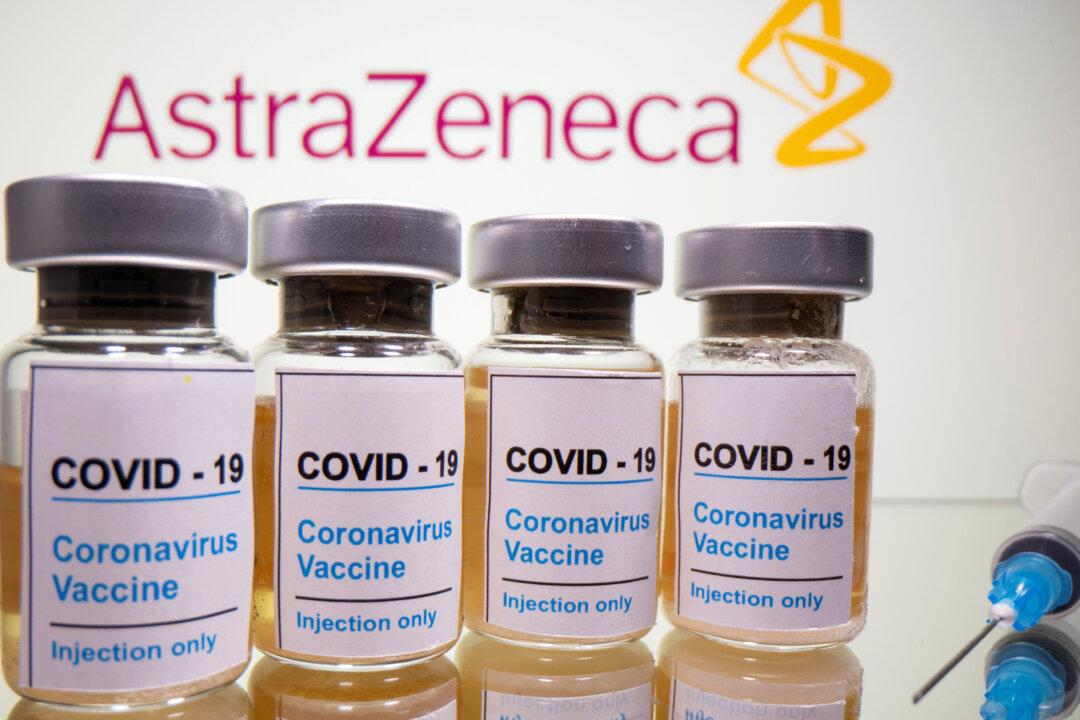A study of the Oxford/AstraZeneca CCP virus vaccine trials published in the Lancet has raised questions around the vaccine’s higher efficacy rate reported last month.
The peer-reviewed study of the data from four trials of the vaccine, published on Dec. 8, indicates further evaluation is needed as older people were not included in the small sub-group study that showed a higher efficacy rate of 90 percent for the vaccine. There was also uncertainty surrounding the results.




